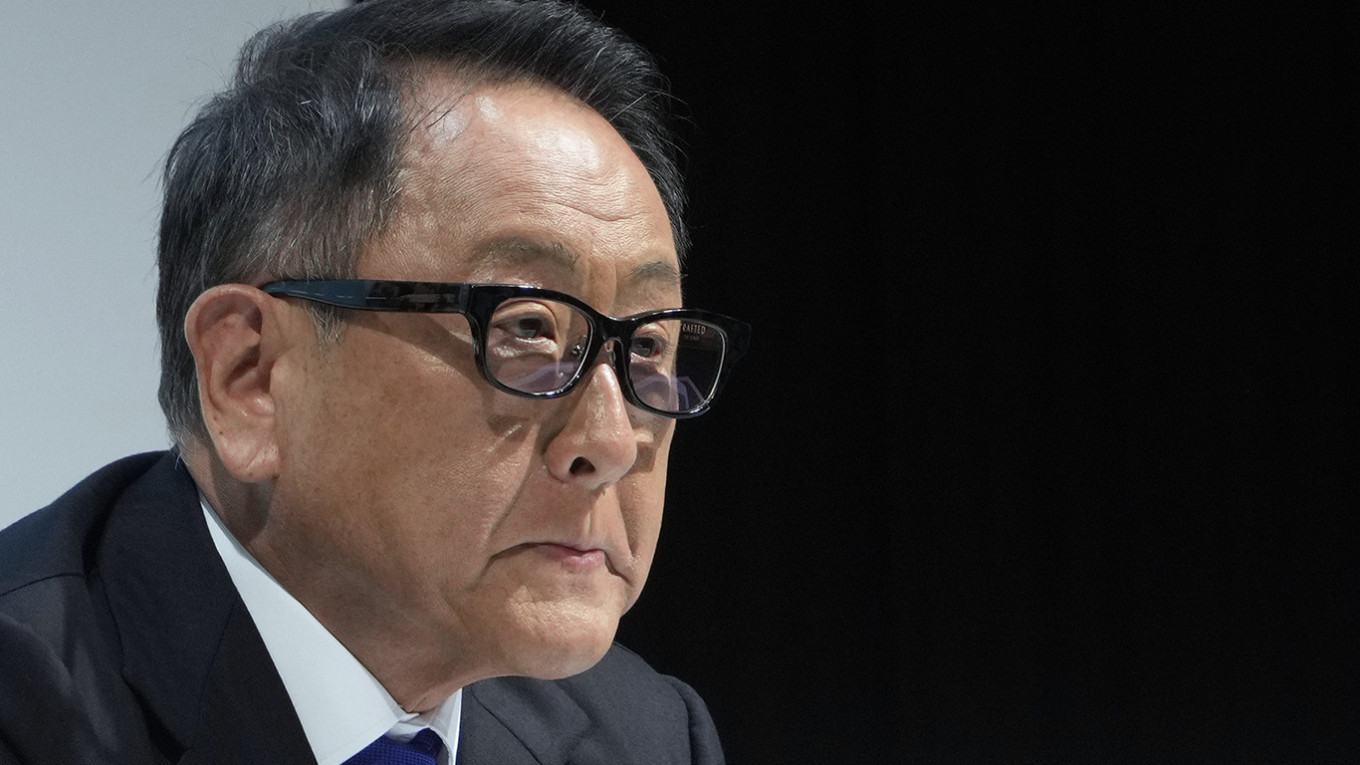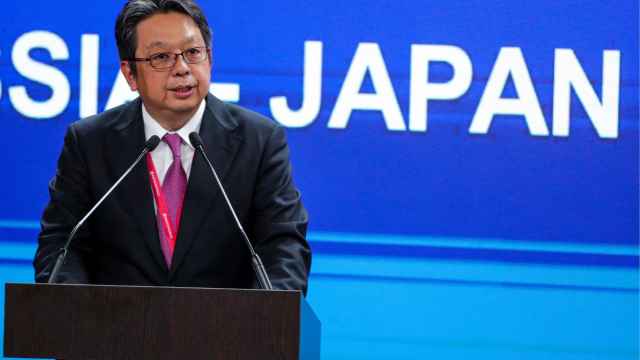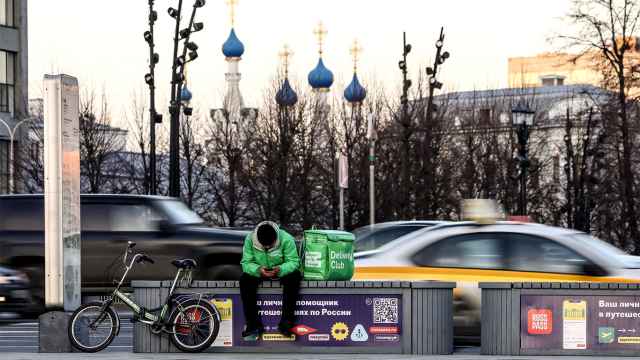Russia has banned the head of Toyota and 12 other senior Japanese business figures from entering the country, prompting a protest from authorities in Tokyo on Wednesday.
The list, published by Russia's Foreign Ministry on Tuesday, includes Toyota chairman Akio Toyoda, Rakuten chief Hiroshi Mikitani and Akihiko Tanaka, president of the government-backed Japan International Cooperation Agency.
The decision was a "response to Japan's ongoing sanctions against our country in connection with the special military operation," the foreign ministry statement said, using Moscow's preferred term for its full-scale invasion of Ukraine.
Russia's Foreign Ministry did not explain how individuals were chosen for the list, which did not include the heads of major Japanese firms like Mitsubishi, Honda or Sony.
Japan ranks among Ukraine's Western supporters, with Tokyo providing financial and material resources to Kyiv while also sanctioning Russian individuals and organizations.
The East Asia country's constitution prevents it from sending weapons, but in December, Tokyo loosened arms export controls to enable it to sell domestically made Patriot missiles to the United States.
The move was aimed at replenishing U.S. inventories of the air defense missile systems that have run low because of supplies sent to Ukraine.
"Measures announced by Russia this time will restrict fair activity by Japanese companies, and are absolutely unacceptable," Japanese government spokesman Yoshimasa Hayashi said Wednesday.
He said Tokyo had lodged a protest and that "all of our sanctions stem from Russia's Ukraine invasion, which is a clear violation of international law."
A Message from The Moscow Times:
Dear readers,
We are facing unprecedented challenges. Russia's Prosecutor General's Office has designated The Moscow Times as an "undesirable" organization, criminalizing our work and putting our staff at risk of prosecution. This follows our earlier unjust labeling as a "foreign agent."
These actions are direct attempts to silence independent journalism in Russia. The authorities claim our work "discredits the decisions of the Russian leadership." We see things differently: we strive to provide accurate, unbiased reporting on Russia.
We, the journalists of The Moscow Times, refuse to be silenced. But to continue our work, we need your help.
Your support, no matter how small, makes a world of difference. If you can, please support us monthly starting from just $2. It's quick to set up, and every contribution makes a significant impact.
By supporting The Moscow Times, you're defending open, independent journalism in the face of repression. Thank you for standing with us.
Remind me later.






